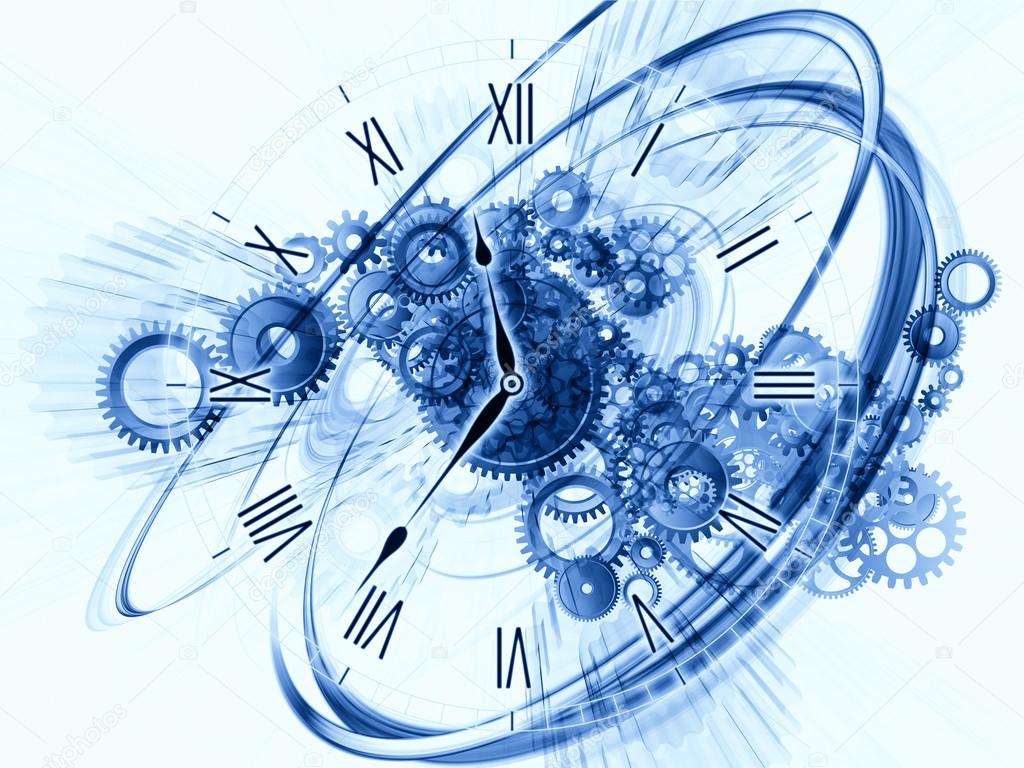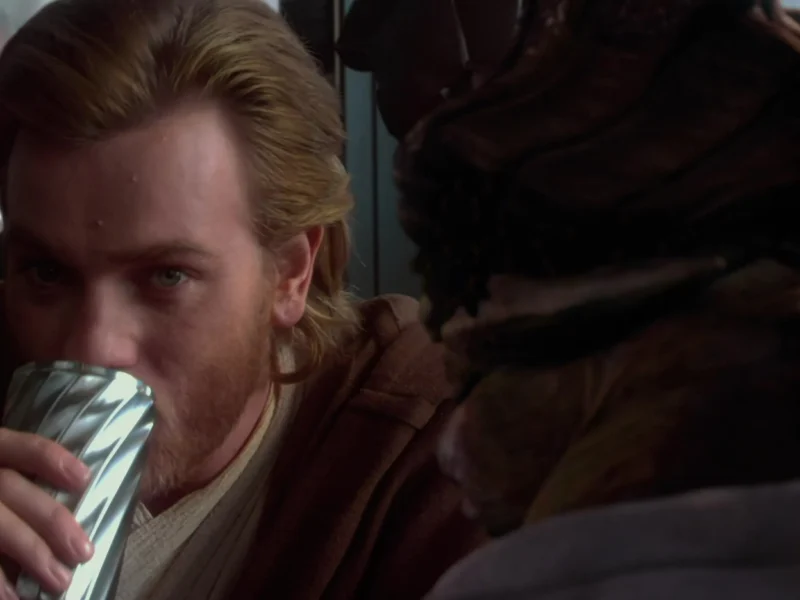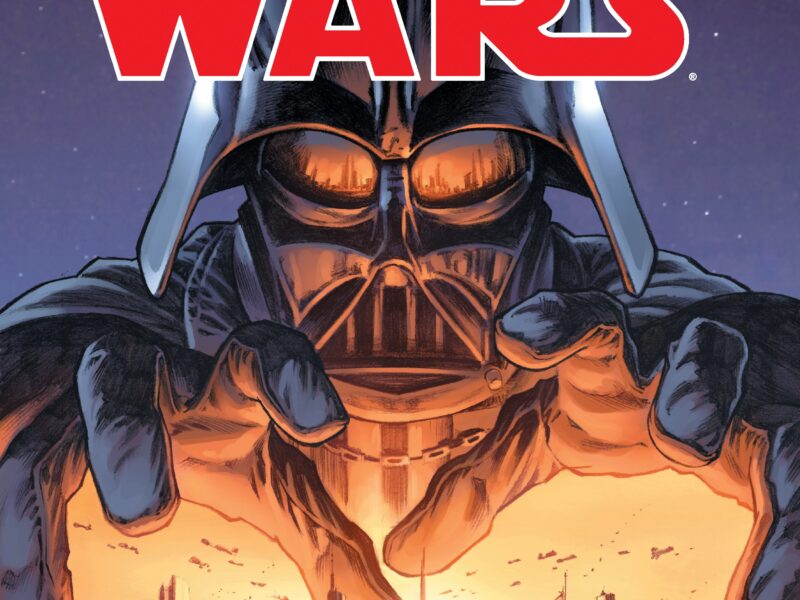I love, love, love time loops in fiction. They’re formulaic, they’re often super hokey, and I don’t care.
Whether it’s Groundhog Day or Blessed Time, I’m a huge fan. Cool web novels like Reroll, Argatha Loop, and Mark of Time make great use of time loops, and movies like Edge of Tomorrow, Boss Level, and Source Code are just wonderful.
Not all time loops are the same. In fact, the changes excite me a ton! I’m super impressed by RE: Monarch’s combination of video-game-y “progressive” looping, and the movie Palm Springs does wonders simply by having multiple loopers meet and bond. Legend of Zelda: Majora’s Mask is just plain cool. Alexander Wales wrote a great blog last year wondering about different time loop ideas, and I started thinking too.
My main thought, just a small one, is, why do time loops always start the same way? The protagonist has a really bad day (or month, or life), then gets trapped in the loop. It takes them a few times to figure out the loop, then a few more times to experiment with things, and THEN the actual plot starts.
Sometimes, it’s boring!
But, it’s also really important. In these first loops, the story sets up familiar locations, characters, running gags, and the personal stakes to carry it, since physical stakes don’t tend to matter. But it’s also to some extent the sci-fi/fantasy equivalent of how so many novels start off with “protagonist goes through a mundane day of life before the actual plot starts.”

What I wonder is, what ways can time loop stories skip or compress its early sections and get us to the juicy bits faster? You’ll have to keep the buildup, but in a way that speeds it along. There’s in medias res, which a few of my above recommendations do, but they also often have flashbacks to the first loop later on. Visual mediums can use concrete images to speed along story beats without focusing too much on them, but how about prose?
This isn’t really a conversation of time loops, then, but a conversation of story mechanics, of establishing characters and setpieces as efficiently as possible. And I don’t really have an answer, just the question. Time loop stories, boring intro or not, are still Very Distinctly My Jam and that won’t change anytime soon.



As someone who has long gotten sick of seeing superhero origin stories, part of me thinks you could very easily at this point just start a story after the first few loops just so we don’t have to drudge through the tedium of the “figuring it out” phase that I would be happy never seeing in any story ever again.
(That is to say, I should clarify, I don’t mind if you flashback or have the MC explain their origin to someone after we’ve already become invested in them and I am sufficiently engaged in the lore to want to know. But at this point, time loops are surely so ubiquitous in entertainment culture it should be *necessary*, right?)
However, in this instance, I have to temper my own impatience, as very often the character “figuring it out” is one of the core fun elements of the genre for some. Or, if it takes place in an episode of a series, it’s fun to see how the characters you already know react to the situation. It all depends on what the actual plot is. If the loop is about soaking in the character shenanigans, probably best to keep the starting point in. If the loop is just the backdrop to a bigger plot, probably could skip it.
The only times I’ve seen loop stories handled well in skipping right over them is when it’s a side character whose loop situation is sussed out later (Homura) or time travel/dimensional non-sense is already established in the world (Stewie, Rick).
shouldn’t be necessary*
The movie Boss Level actually did that, where it starts in medias res many loops in, and then only after the opening sequence does it flash back to the beginning again and show us how it happened. It still follows the familiar tropes from there though.
Homura’s case, of course, does that too but does it in such an abbreviated, short-story-like way that it isn’t able to even follow the tropes; instead it uses your knowledge of the show so far to inform you of everything and fill in the gaps in the story.
Always love me some Madoka Magica complimenting.